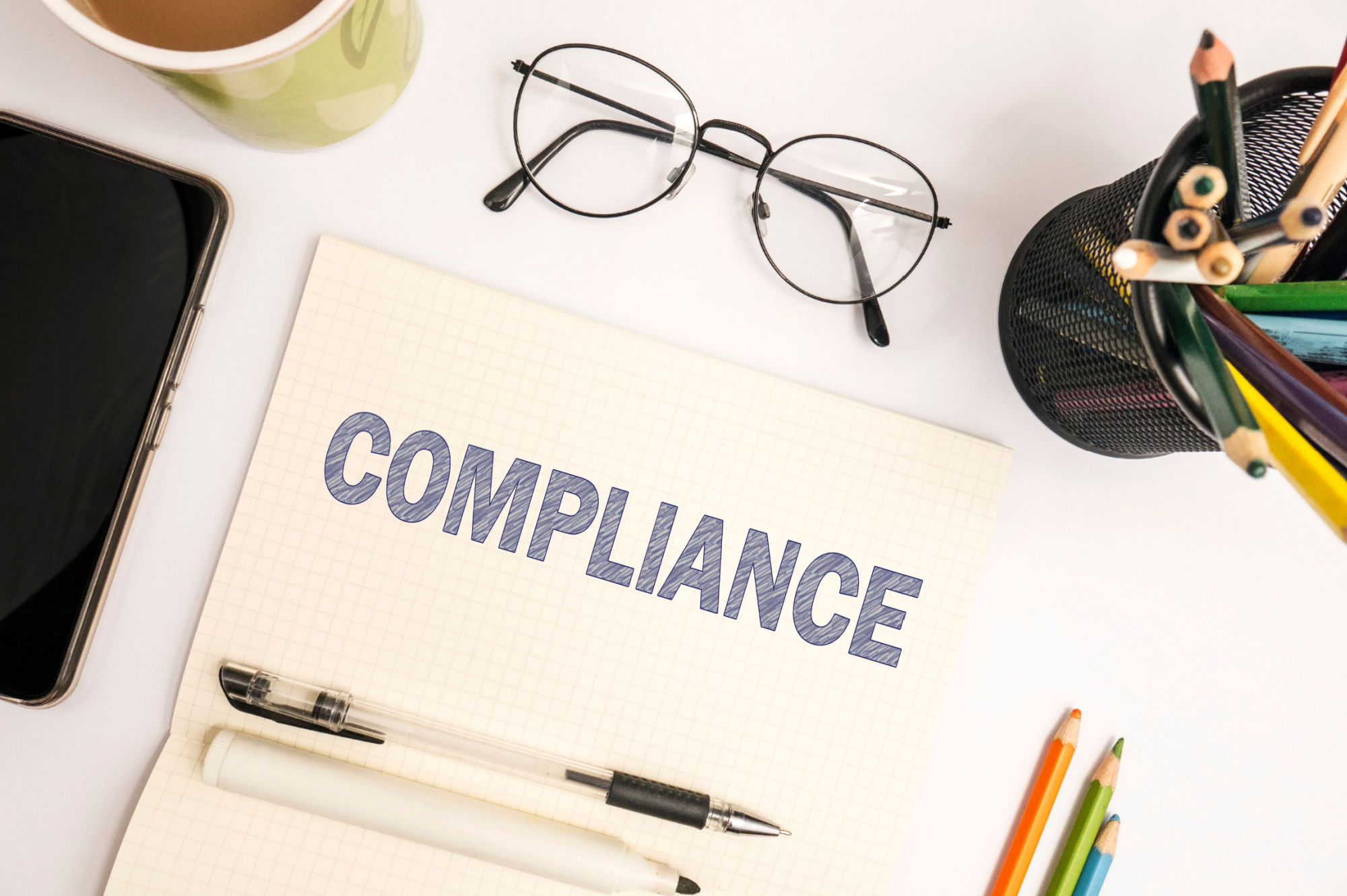
How to avoid costly USDOL fines and violations
The United States Department of Labor (USDOL) protects employee rights through several employment laws. Each year, many companies face penalties for noncompliance. This article shares strategies for employers to remain compliant with a few of the most commonly violated labor laws.
Family and Medical Leave Act (FMLA)
Eligible employees are entitled to up to 12 weeks of unpaid leave in a 12-month period for certain family or medical reasons. Employer mistakes can be as simple as misinterpreting FMLA provisions, leading to devastating lawsuit payouts. In fiscal year (FY) 2023, there were 334 FMLA violations by employers and $987,782 in back wages recovered (DOL).
Tips to safeguard against FMLA violations
- Conduct a thorough review of your company’s FMLA policy and a comprehensive audit of your FMLA practices and procedures.
- Adequately train your employees.
- Adhere to the employer posting requirements.
- Ensure forms and correspondence are legally compliant.
Fair Labor Standards Act (FLSA)
The U.S. Department of Labor (DOL) is recovering a steadily increasing number of damages in overtime claims as it goes after employers that are misclassifying workers or miscalculating overtime. 163,000 workers received $274 million in back wages and damages in FY23 (DOL).
How to avoid costly fines
- Regularly conduct wage and hour audits and review company policies and procedures to ensure they comply with current FLSA regulations.
- Properly classify independent contractors to avoid misclassification as employees.
- Clearly understand the difference between exempt and non-exempt employees. Exempt employees are generally not entitled to overtime pay, while non-exempt employees must be paid overtime for hours worked beyond 40 hours per week.
- Ensure you have a safe harbor policy that covers all pay-related claims of mistake or underpayment in addition to conducting self-audits.
- Stay up to date with ever changing employment laws, specifically the FLSA changes in 2024 that surround minimum wage and overtime pay.
Equal Employment Opportunity Commission (EEOC)
EEO compliance laws vary by business size, are always applicable, extend to job applicants’ and employees’ families, and ban sexual harassment. In FY23, the EEOC recovered $29 million for victims of discrimination (EEOC).
Follow these steps to remain EEO-compliant
- Provide reasonable accommodation.
- Always look at facts, not faces.
- Keep employment records as required by law.
- Stop, address and prevent potential harassment.
- Display an EEOC poster in your workplace.
- File an EEO-1 report if you have over 100 employees.
- Ensure you have a strong anti-discrimination policy in place.
- Avoid asking questions during interviews that could lead to discriminatory hiring decisions.
- Ensure that employees understand their rights and responsibilities; and aren’t punished for reporting discrimination, participating in a discrimination investigation or lawsuit, or opposing discrimination.
Stay ahead of the changes
Make sure you know how to achieve compliance in HR with BLR’s tools and resources that can help you stay ahead of the changes.
- BLR’s Job Classification and FLSA Audit tool can help with conducting wage and hour audits.
- BLR’s HR Documents and Downloads tool has resources such as training talks, sample policy checklists, and training guides to help you remain EEO-compliant.



